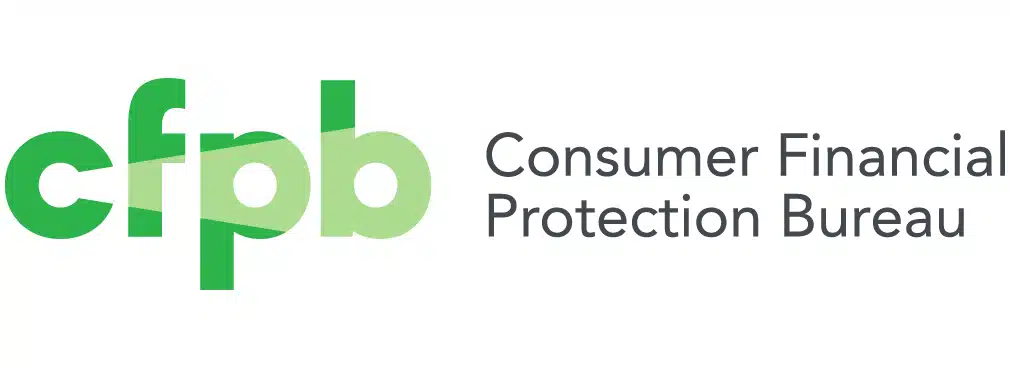Although the Consumer Financial Protection Bureau plans to develop a federal regulation governing the protection of consumer financial data shared through open banking, the agency says that open banking will be best served if it does not “micromanage” open banking itself.
In October, the CFPB announced its intention to develop regulation that will govern how consumers’ financial information is shared among financial institutions and payment providers. The CFPB plans to formalize what it terms “an unused legal authority enacted by Congress in 2010” to give consumers the right to control their personal financial data. The agency says it will solicit comments on its proposed regulation in a few months, then finalize it in 2024.
“Our proposal will recognize that the CFPB must resolve certain core issues because system participants are deadlocked or because existing approaches do not put consumers fully in the driver’s seat,” CFPB Director Rohit Chopra said in a blog posted late Monday. “But many of the details in open banking will be handled through standard-setting outside of the agency. Properly pursued, such standards can allow open banking to evolve as new technologies emerge, new products develop, and new data security challenges arise.”

The CFPB’s stance on allowing industry bodies to develop technical standards while it develops overarching data-sharing guidelines is viewed as a positive development, according to the Electronic Transactions Association, a Washington, D.C. payments trade group that has watched developments around open-banking regulation closely.
“There are a lot of technicalities in open banking and data needs to be shared properly and safely,” says Scott Talbott, senior vice president for government relations at the ETA. “A combination of government and industry standards is the right approach to ensure the policy goal of consumer data protection is achieved, while staying ahead of the changing technology behind open banking.”
Open-banking technology allows players such as fintechs to access consumer accounts to verify ownership and funds availability for functions such as payments and transfers. Standards-setting bodies such as the Financial Data Exchange have developed rules to govern that access and protect consumer privacy.
One challenge regulators face is keeping pace with how technological advances in a specific industry impact existing regulation. “Regulators often struggle to stay ahead of technology, and the approach the CFPB is taking is the best of both worlds. The government [would set] overarching, guiding principals, while the industry focuses on the technical details,” says Talbott. “It’s the right combination of [government oversight] and industry nimbleness for staying ahead of the technology.”





